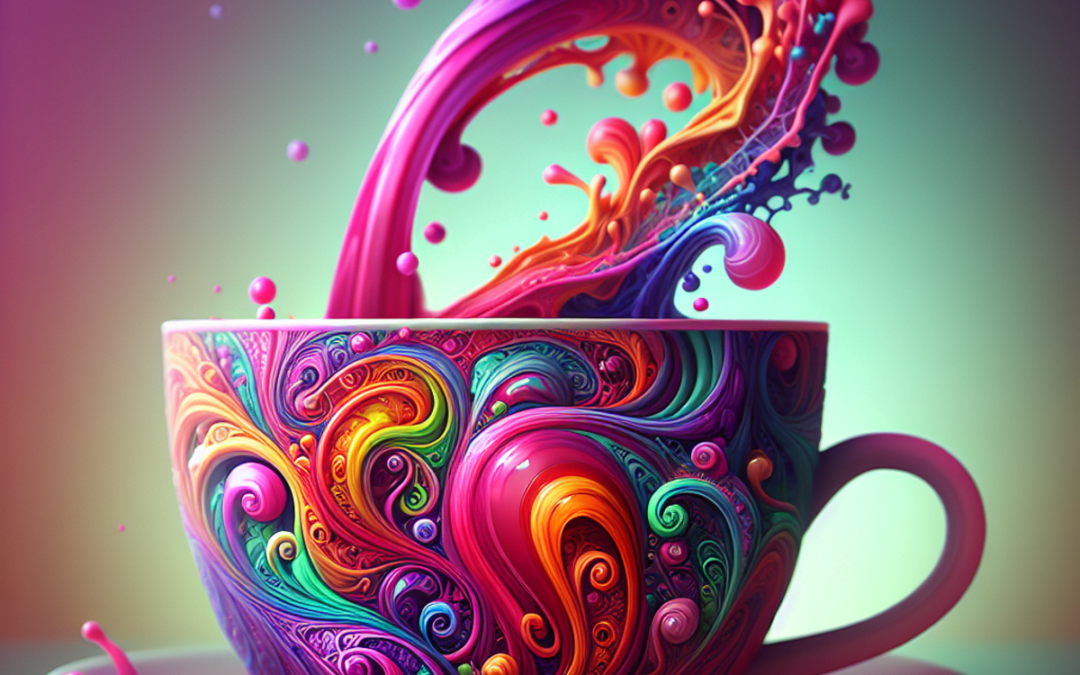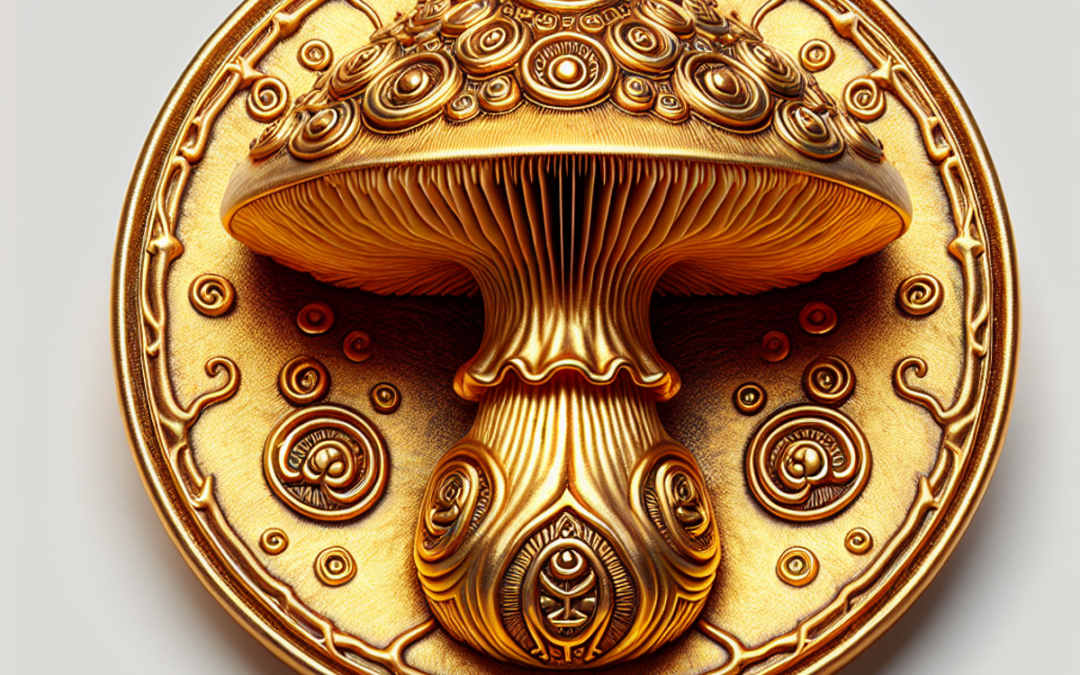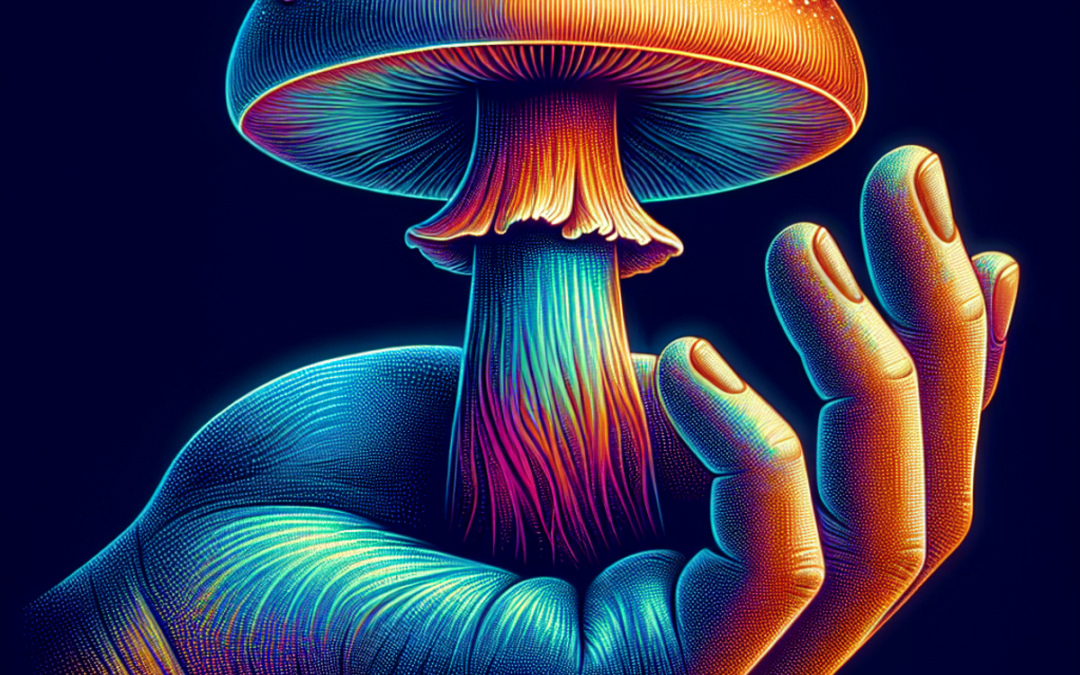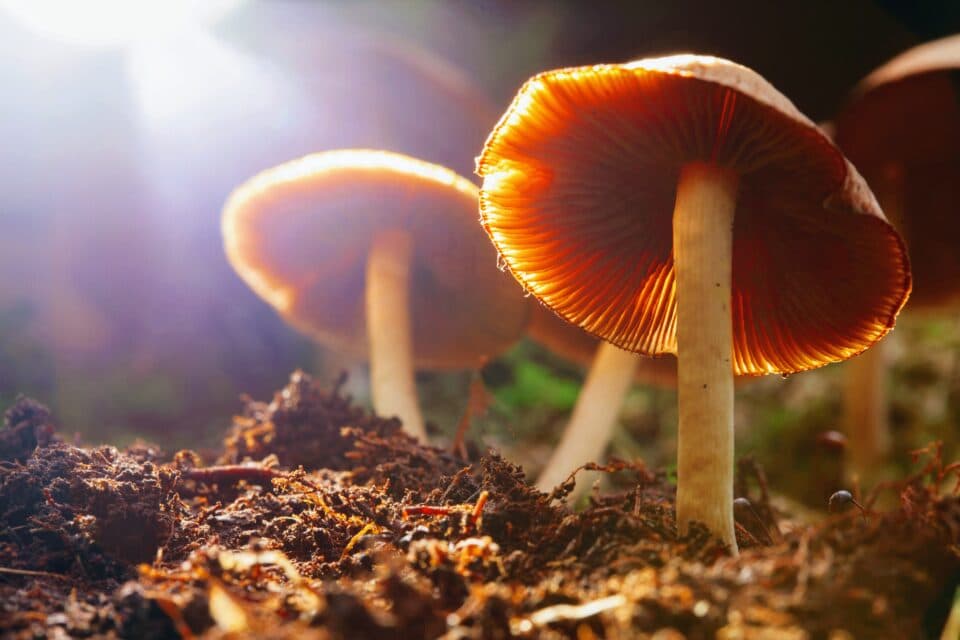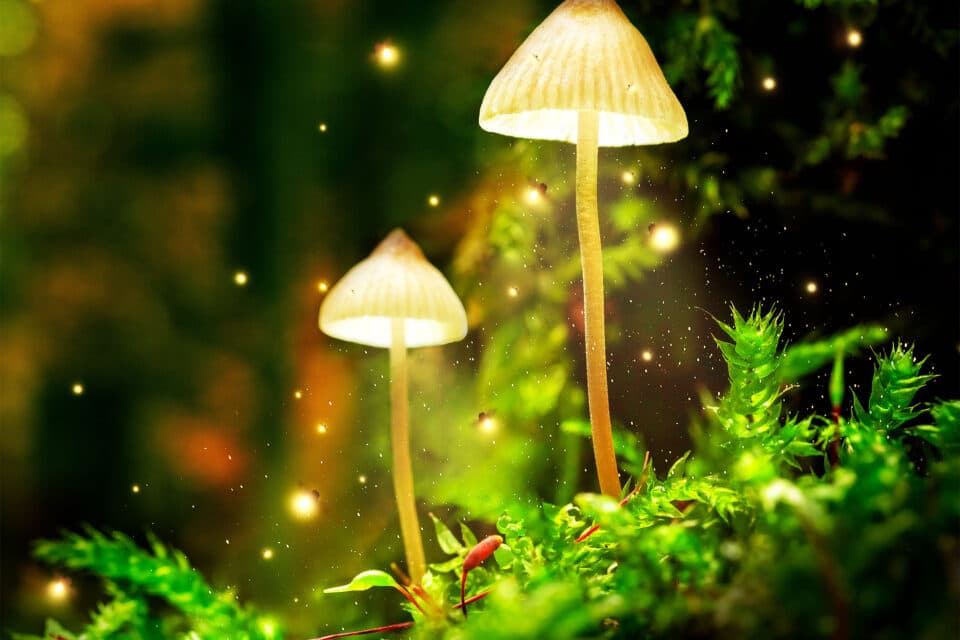People who take microdoses of psychedelic drugs consistently report that it results in improved mood and creativity, while having few side effects, according to new research published in the Journal of Psychopharmacology.
Study author Rotem Petranker, director of the Canadian Centre for Psychedelic Science, and his colleagues noticed a growing public interest in taking sub-threshold doses of LSD or psilocybin to enhance cognitive or emotional functioning. But scientific research on the issue is scant.
“I’ve always been curious about mind-expansion: I’ve been meditating formally since I was 19, have had periods of extensive lucid dreaming training, and have had a near-death experience. Psychedelics seem to be in the same vein, and so anyone who is interested in mapping out consciousness would be wise to consider psychedelics as a useful paradigm,” said Petranker, who is also the associate director of the Psychedelic Studies Research Program at the University of Toronto and a PhD student at York University.
“When I started doing this research, it was with the notion that while the study of psychedelics has returned to the mainstream in the 21st century and the results look promising, there are still many gaps in our knowledge. When I started, there was no published research on microdosing and so I thought that this is a good way to establish legitimacy in the field.”
“We didn’t have any funding or other support, so my colleague Thomas Anderson and I just used our previous knowledge about building surveys for research purposes to get an idea of what people who microdose experience, and whether they are different from non-microdosers on a few key dimensions like mental health and creativity,” Petranker said.
The researchers’ previous work, based on 278 self-identified microdosers, found that people who took very small doses of psychedelic substances commonly reported improved mood, focus, and creativity.
In their new study, the researchers sought to replicate and extend those findings using data from the 2019 wave of the annual Global Drug Survey. The survey included responses from 123,814 participants in 215 countries and territories. Importantly, 4,783 participants reported having microdosed LSD in the last 12 months, 2,832 reported having microdosed psilocybin in the last 12 months, and 862 participants reported microdosing both of the psychedelic drugs in the last 12 months.
In line with the previous research, the two most commonly reported benefits of microdosing were improved mood and creativity. But improved focus was less commonly reported than expected, while improved energy and social benefits were more commonly reported than expected.
“Similar but non-identical findings are not surprising given that the methodologies used in the two studies were quite different,” the researchers noted.
Microdosing to approach desired goals, such as to be more productive, was associated with fewer microdosing benefits than microdosing to avoid certain mental states or behaviors, such as to escape negative feelings or get away from bad habits.
When asked to report their most common challenge from microdosing, more than half of the participants selected the item “none; I experienced no side effects.” For LSD, the next most commonly reported challenges were impaired energy and mental confusion, while for psilocybin the next most commonly reported challenges were physiological discomfort and impaired focus.
“Generally speaking, those who microdose report that the benefits greatly outweigh the drawbacks,” Petranker told PsyPost.
The researchers also found a diversity of opinions when it came to whether microdosing psychedelics was more beneficial than taking a higher dose. One-third of the participants reported that microdosing was more beneficial compared to higher doses, while two-fifths said higher doses were more beneficial. One-quarter reported that they were equally beneficial.
But despite the studies, scientists are still “a far cry from knowing everything we need to know about psychedelics in general and microdosing in particular, and that includes both benefits and drawbacks,” Petranker said.
To determine the real effects of microdosing, randomized placebo-controlled experiments are needed.
“We don’t know if microdosing does anything at all — it may be that everything reported in the literature is the placebo effect. Published research in the field is either of samples of convenience — people who microdose and want it to work — or involves underpowered designs that don’t really tell us anything at all. We also don’t know about the long-term health effects of microdosing, which may be good, bad, or negligible,” Petranker explained.
The study, “Microdosing psychedelics: Subjective benefits and challenges, substance testing behavior, and the relevance of intention“, was authored by Rotem Petranker, Thomas Anderson, Larissa Maier, Monica Barratt, Jason Ferris, and Adam R Winstock.


